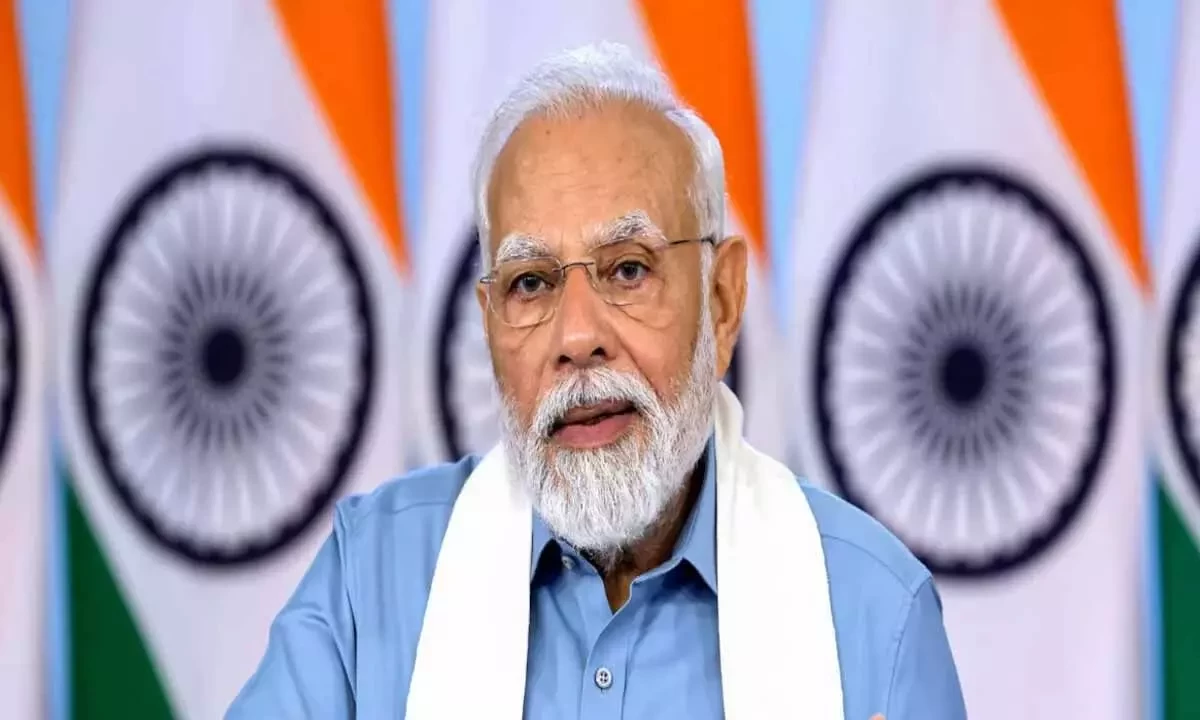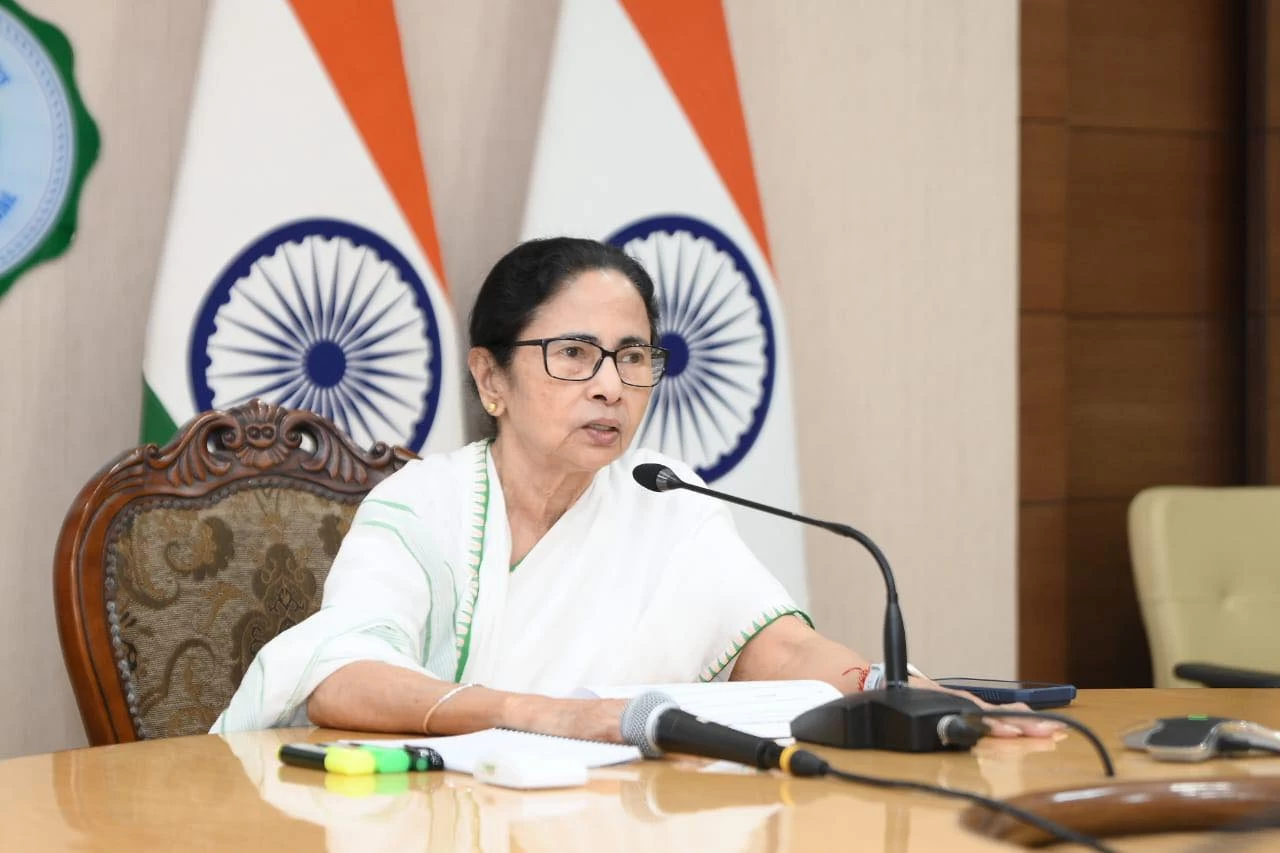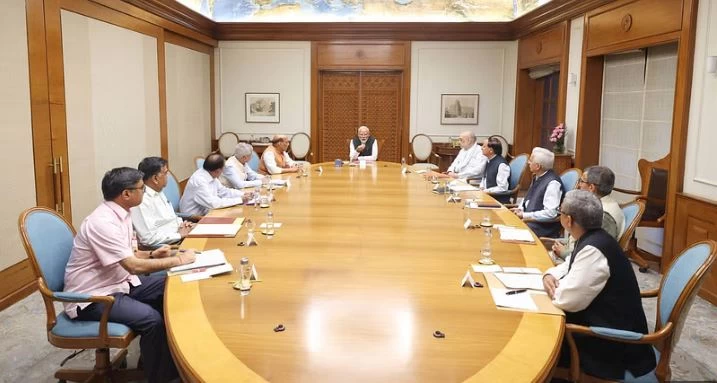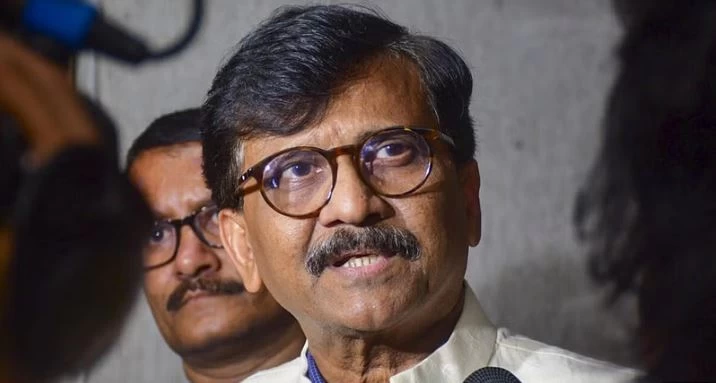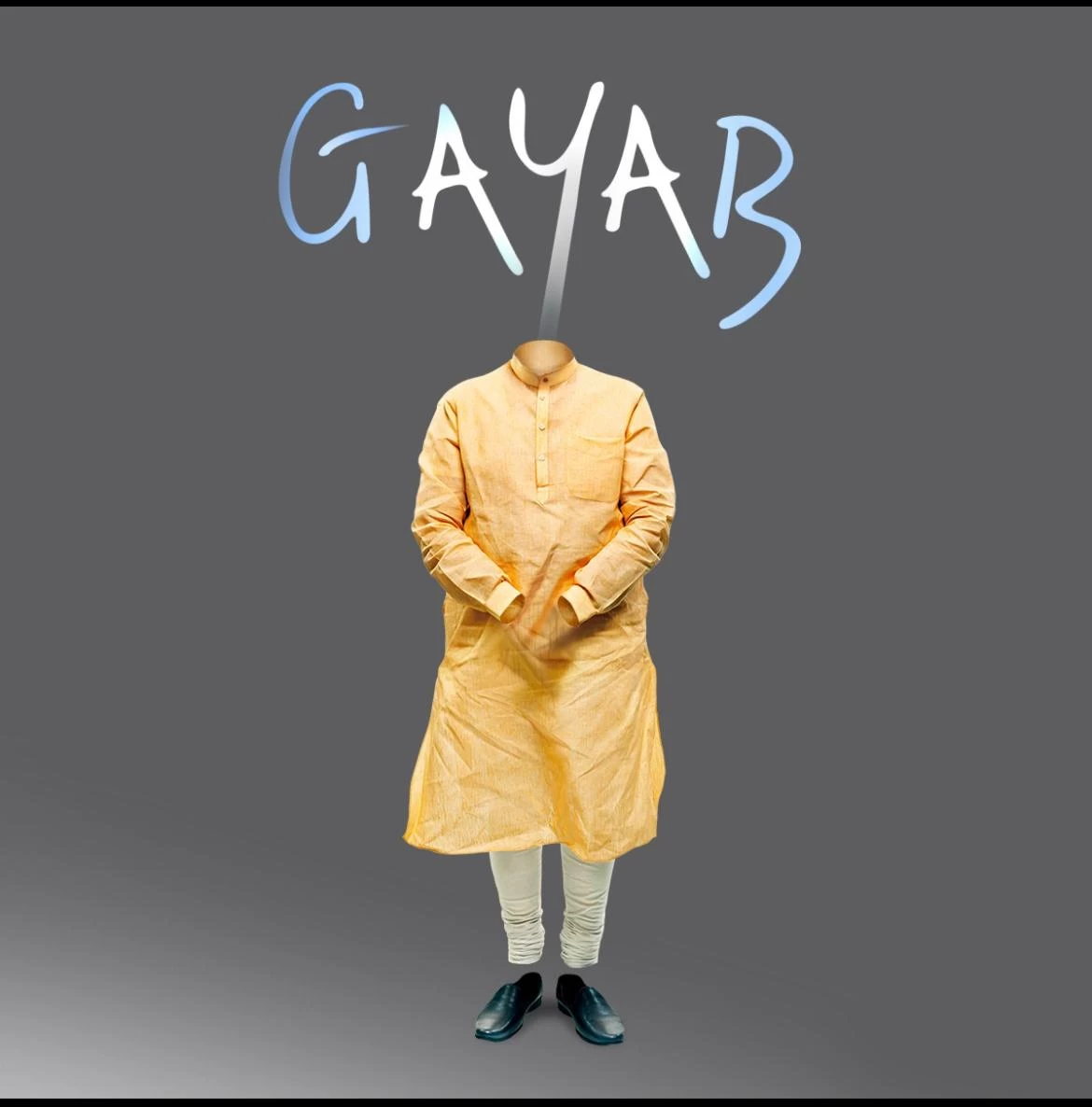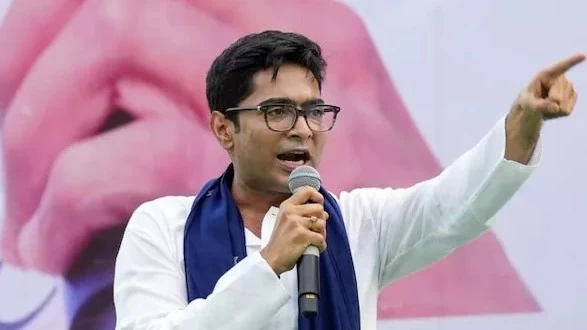Latest Updates
Delhi Court Extends Judicial Custody of Arvind Kejriwal and K. Kavitha in Excise Policy Case
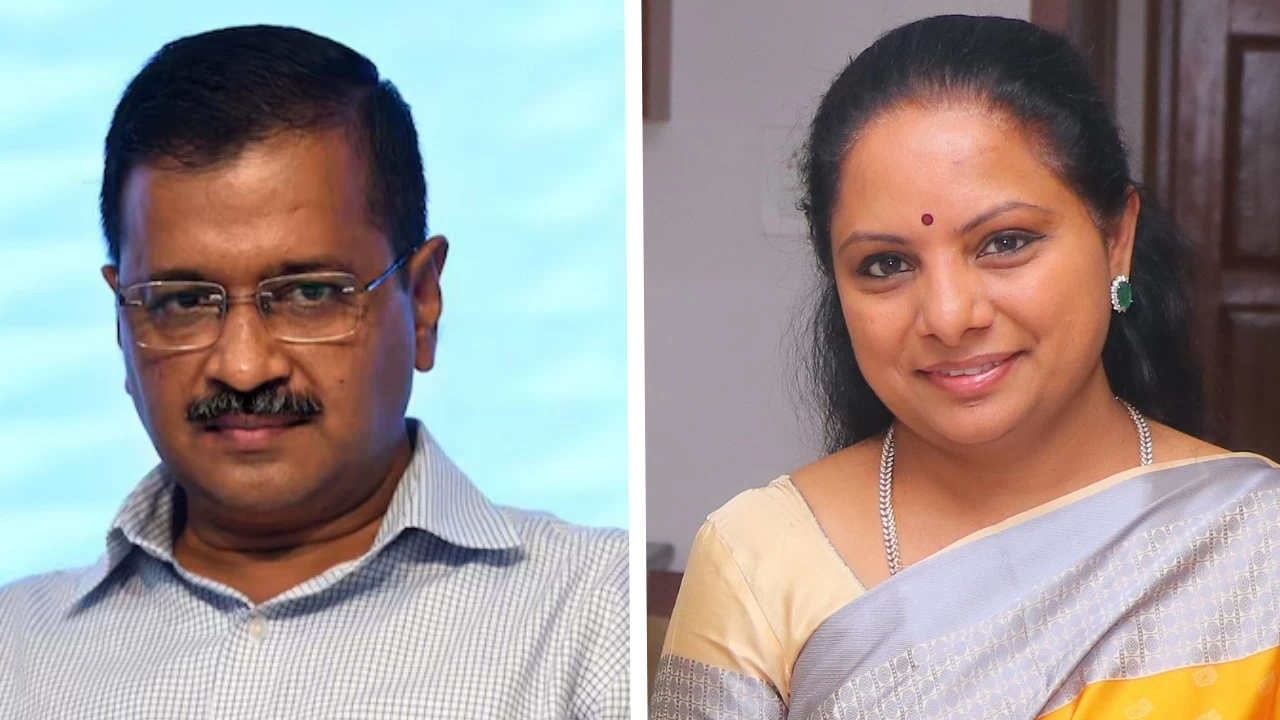
A Delhi court on Tuesday extended the judicial custody of Chief Minister Arvind Kejriwal and BRS leader K. Kavitha until May 7 in connection with a money laundering case linked to the now-scrapped Delhi excise policy. The decision was made by the Special Judge for ED and CBI matters, Kaveri Baweja after the accused were produced before the court via video conference as their remand expired. Furthermore, the court extended Kavitha's custody in a related corruption case being probed by the CBI.
Earlier today, Kejriwal received a "low dose" of insulin due to a spike in his blood sugar levels, according to officials at Tihar jail. The court's decision comes after rejecting Kejriwal's plea for daily medical consultation. Instead, the court directed Tihar jail authorities to provide necessary medical treatment and, if required, consult a medical board constituted by AIIMS.
Kejriwal was arrested on March 21 by the Enforcement Directorate (ED) after the Delhi High Court refused to grant him protection from coercive action. Kavitha, daughter of former Telangana chief minister K. Chandrashekar Rao, is in judicial custody in both the ED and CBI cases.
The ED had also arrested Chanpreet Singh, alleged fund manager for AAP's Goa elections, in connection with the excise policy. Both Kejriwal and Kavitha have been sent to extended judicial custody for 14 days and will be produced in court next on May 7.
Kejriwal has a pending plea in the Supreme Court challenging his arrest, which is scheduled to be heard on April 29, three days after the election's second phase. The Delhi High Court had earlier rejected a similar plea, noting sufficient material submitted by the ED alleging Kejriwal's involvement in the scrapped policy and bribery allegations. Both the AAP and Kejriwal have denied all charges, accusing the BJP of political vendetta. The timing of the arrests, just weeks before the general election, has raised questions from opposition parties regarding the impartiality of federal agencies.




